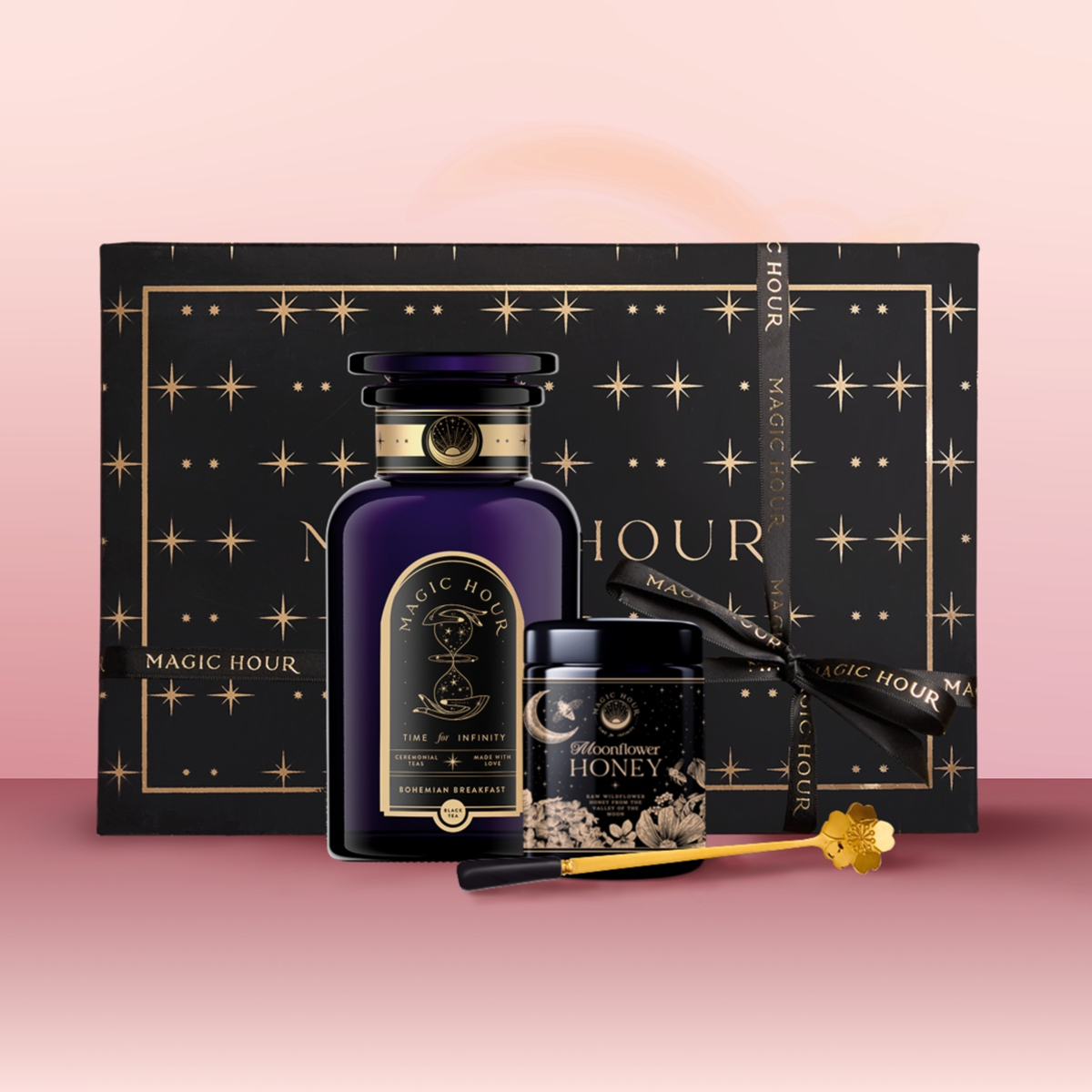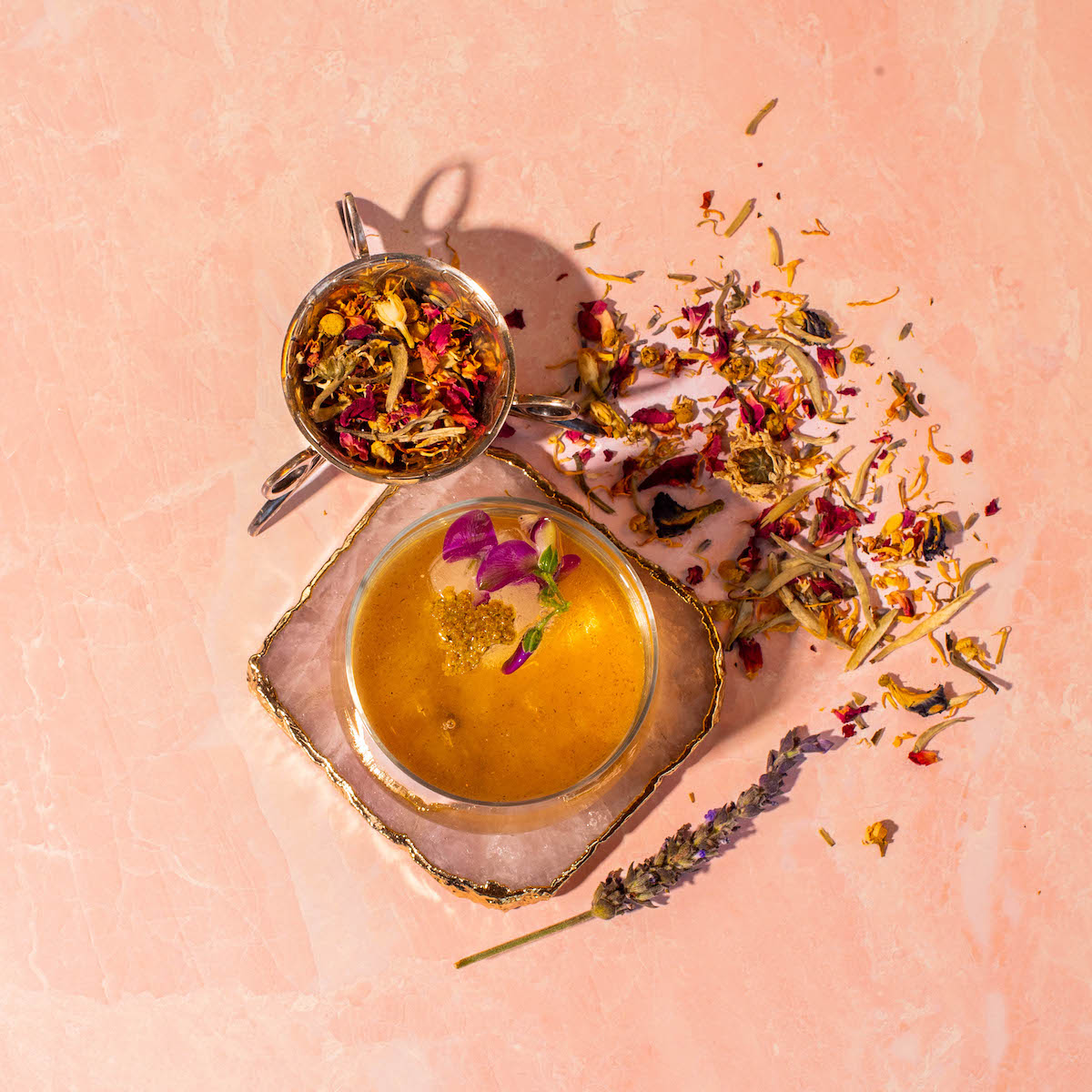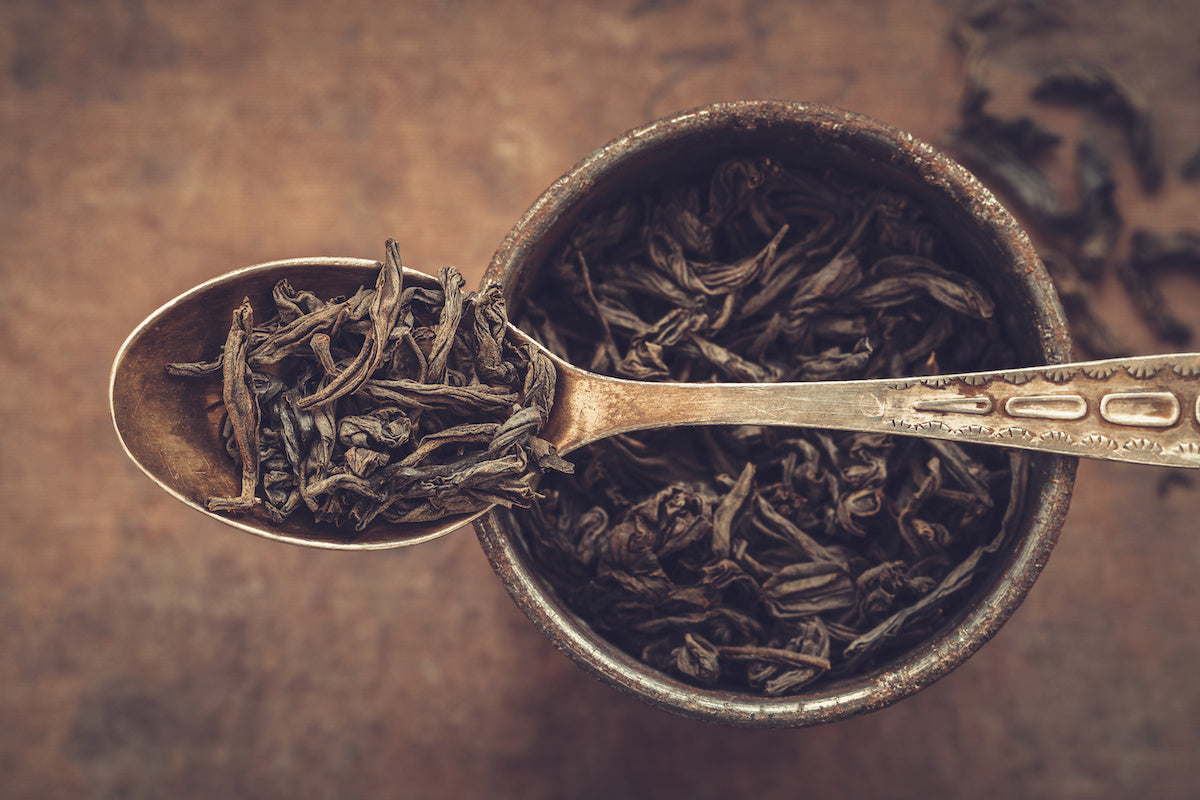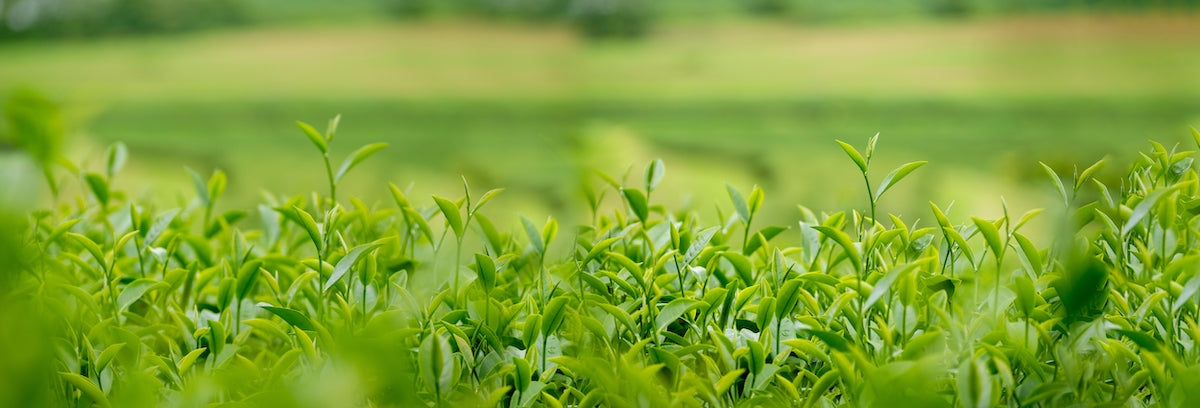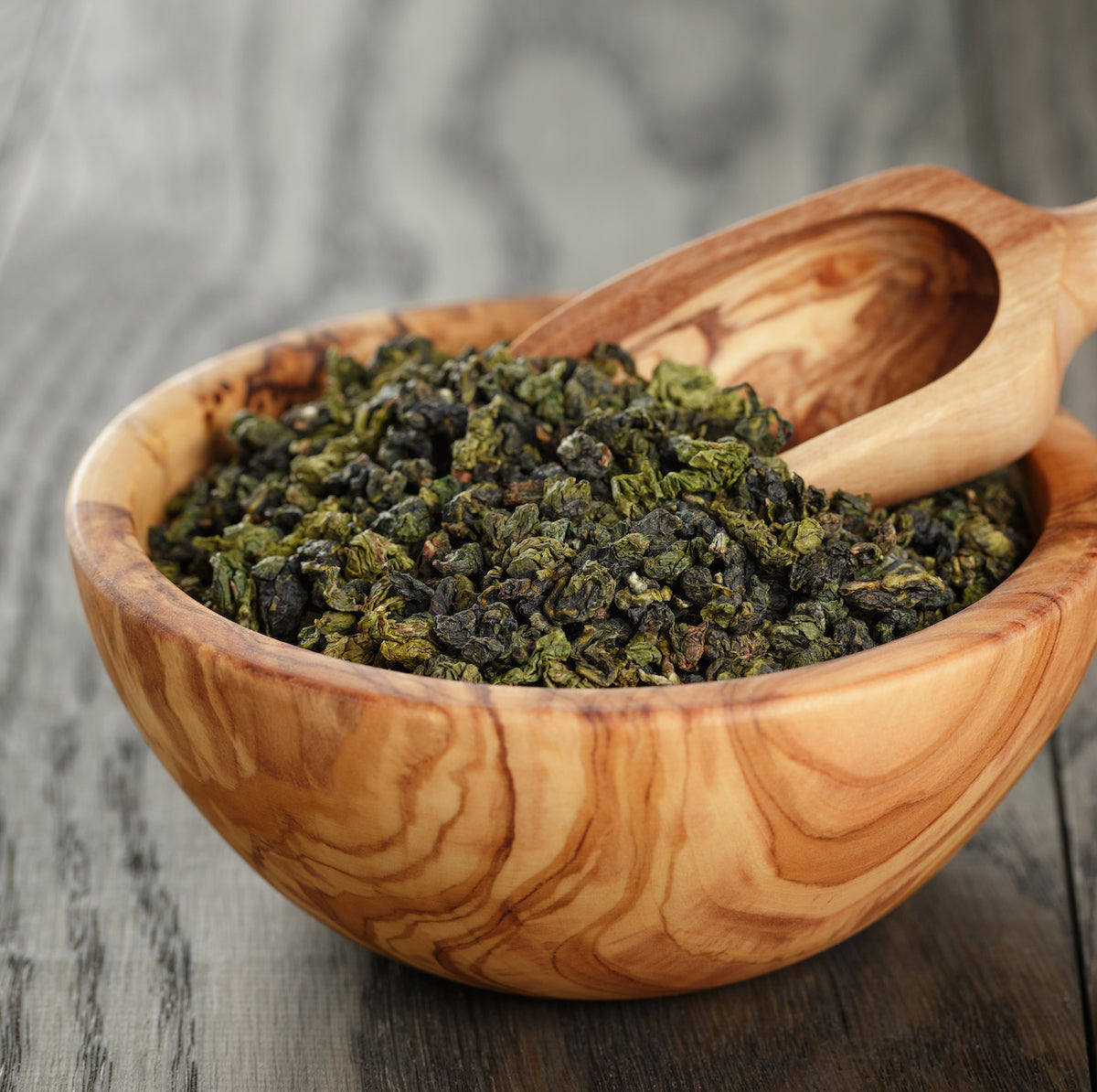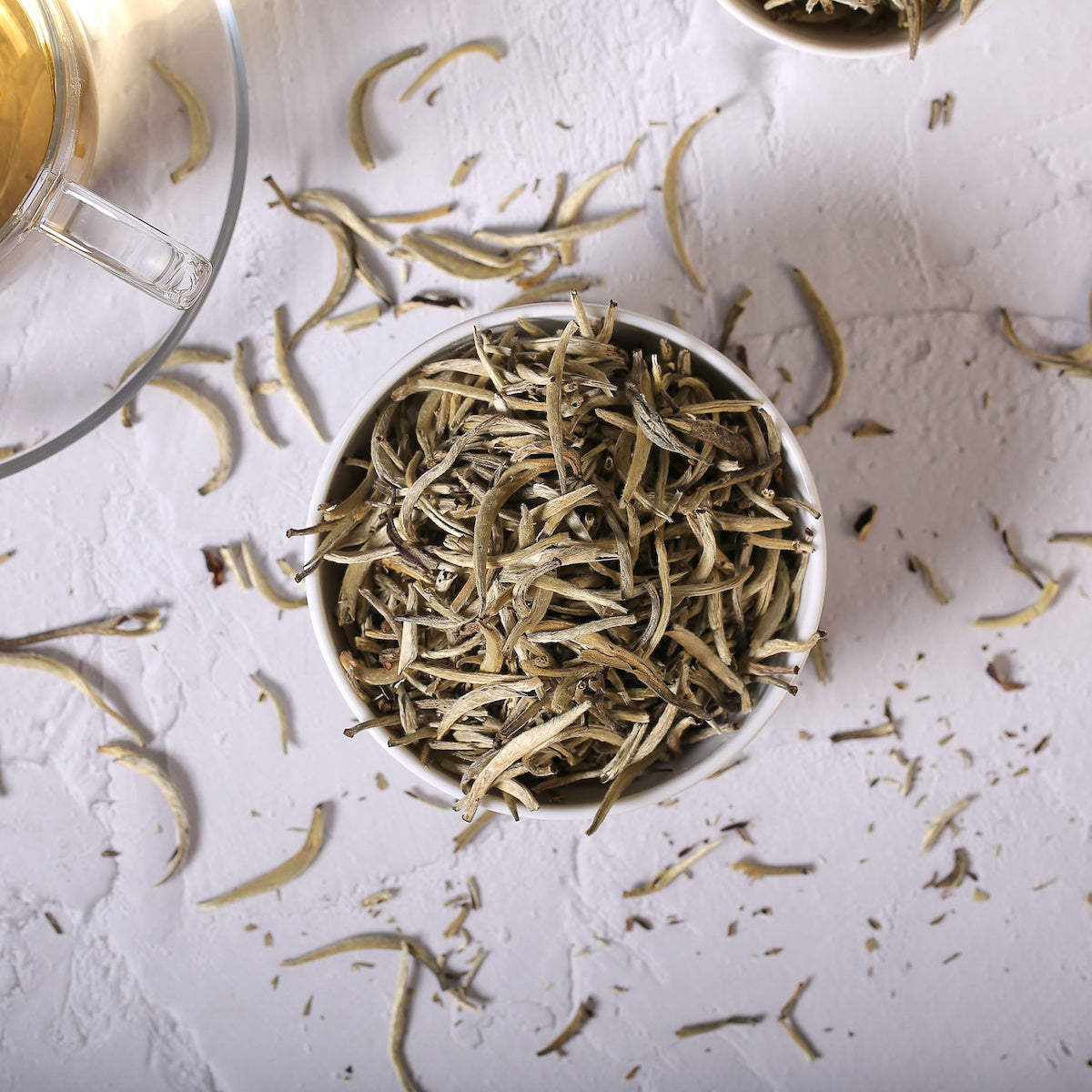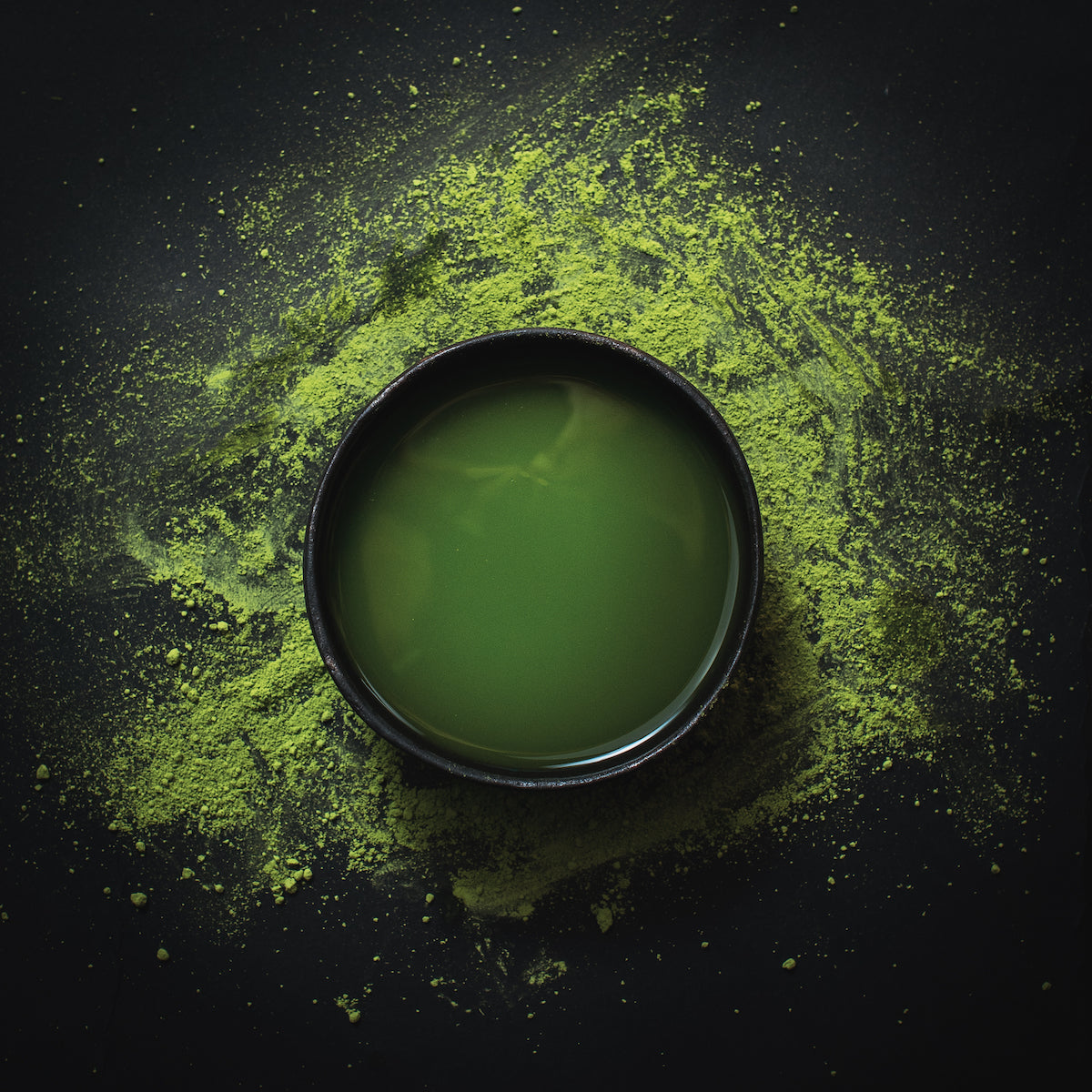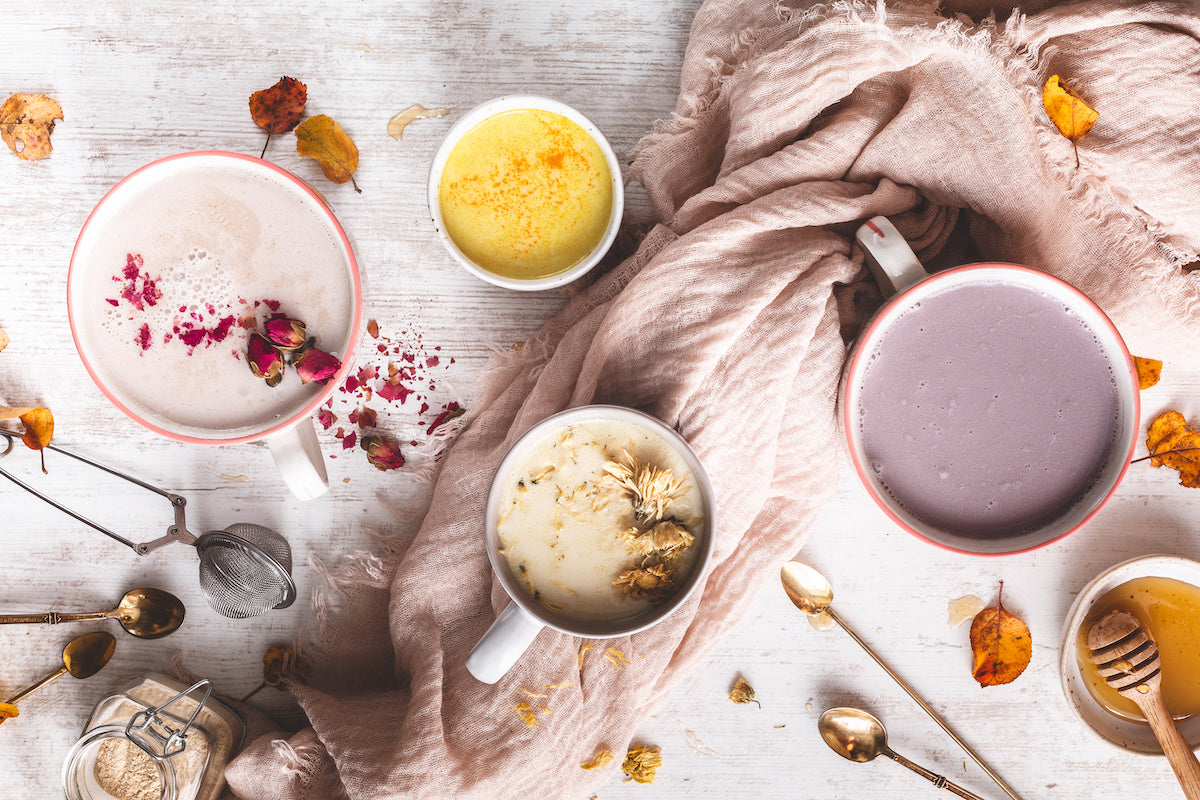The Science Behind the Magic
Here we unveil the scientific wonders behind each tea type, as well as the herbs and spices that can be found within in our blends. Delve into the benefits of our teas, supported by linked studies, and discover the enchanting fusion of flavor and well-being that we artfully create.
Join us on a journey where nature's magic meets scientific validation, and every sip is a step towards a healthier, more vibrant you.


